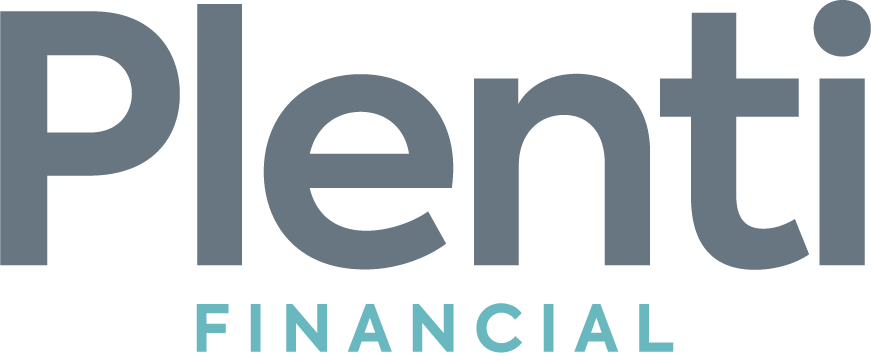1031 Exchange Glossary
Use our 1031 Exchange Glossary to improve your understanding of the 1031 Exchange process, documentation, and financial benefits.
A replacement property is the property that is acquired through a 1031 Exchange.
The 95% Identification Exception is an exceptionally useful tool under the right circumstances but can present some tricky problems. You may need to identify significantly more like-kind replacement properties than the first two identification rules permit. There is no limit as to the total (aggregate) number or value of identified like-kind replacement properties permitted under the 95% exception as long as you actually acquire and close on 95% of the value identified. However, if you do not acquire and close on at least 95% of the value of the identified like-kind replacement properties the entire 1031 exchange transaction will be disallowed.
you can identify more than three (3) like-kind replacement properties as long as the total (aggregate) fair market value of all the identified like-kind replacement properties does not exceed 200% of the total (aggregate) net sales value of your relinquished property(ies) sold in your 1031 exchange. The limitation is only on the total (aggregate) identified value. There is no limitation on the total number of like-kind replacement properties.For example, if you sold relinquished property(ies) in the amount of $2,000,000 you would be able to identify as many like-kind replacement properties as you want as long as the total (aggregate) value of the identified like-kind replacement properties does not exceed $4,000,000 (200% of $2,000,000).
The 3 Property Rule limits the total (aggregate) number of like-kind replacement properties that you can identify to three (3) potential like-kind replacement properties. The vast majority of Investors today use this three (3) property identification rule.
Apply the funds from an Exchange toward improvements, new constructions, additions, and upgrades to the property with tax-deferred dollars.
A 1031 Exchange in which the newly acquired property is purchased first, the title is held by the qualified intermediary (QI), and the relinquished property is then sold within 180 days of closing on the first property.
A 1031 Exchange in which the relinquished property is sold first, funds are transferred to a qualified intermediary (QI), and subsequently an identified property is purchased with the funds directly from the QI’s account.
An IRS tax document that enables investors to sell a property in exchange for a similar (like-kind) property in order to defer capital gains tax.
An account holder to which funds or property titles are transferred until the 1031 Exchange is completed.
Latest Resources
Read our latest blog updates to stay informed about 1031 Exchanges, loans, and other property ownership information. Read More
Check out what other property owners are saying about our services. See what Plenti Financial can do for you today. Read More
Learn more about our company’s procedures, values, and mission as you consider submitting a 1031 Exchange. Read More

